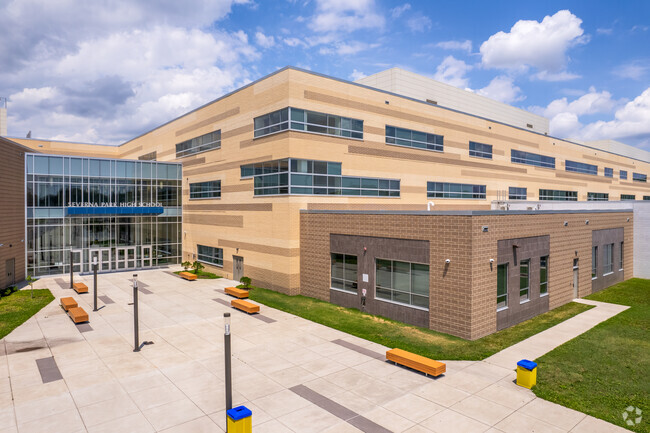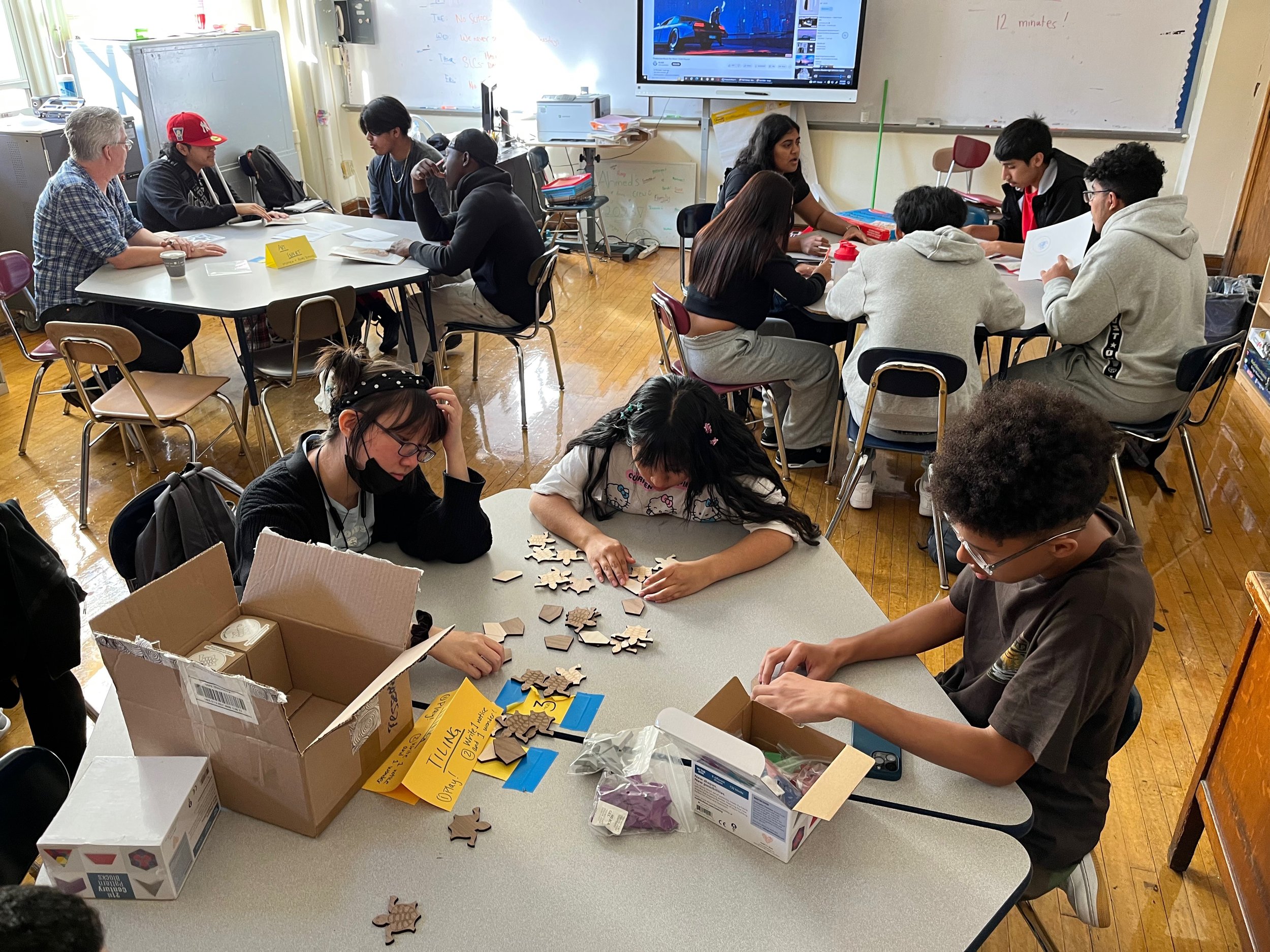Comprehending the Value of Colleges in Kid Development and Community Development
Schools' involvement with neighborhood areas with service-learning efforts enhances the bond between families and instructional organizations. This symbiotic connection emphasizes the relevance of colleges in supporting energetic citizenship and long-lasting knowing habits.
Academic Accomplishment
Academic accomplishment acts as a keystone of kid development, giving the foundation whereupon future understanding and success are built. Institutions play a crucial duty in fostering this academic growth, using structured atmospheres where kids can obtain crucial knowledge and cognitive skills. Standard educational program make sure that trainees gain proficiency in core subjects such as mathematics, scientific research, and language arts, which are vital for both higher education and professional possibilities.
Along with giving essential scholastic skills, institutions additionally cultivate crucial thinking, analytic abilities, and intellectual curiosity. These cognitive competencies are crucial for browsing complex real-world situations and adjusting to the ever-evolving demands of the modern-day office. Educators, as facilitators of knowing, use varied instructional strategies to cater to varied knowing styles, thereby taking full advantage of individual trainee capacity.
In addition, scholastic success is very closely connected to self-confidence and inspiration. Children that experience scholastic accomplishments are most likely to develop a positive self-concept and a lifelong enthusiasm for discovering. Institutions likewise use different resources, such as collections and modern technology, which further enhance the educational experience and prepare students for a highly innovative society.
Social Skill Development
Beyond scholastic achievement, the role of colleges in social skill advancement is crucial. Schools offer as a primary place for kids to discover and exercise essential social skills such as problem, interaction, and teamwork resolution. In the structured atmosphere of a classroom, students engage with peers, instructors, and various other institution personnel, providing numerous chances to establish these essential abilities.
Reliable social skill growth in schools is helped with with group activities, joint jobs, and extracurricular programs. These communications help pupils understand social standards, construct empathy, and promote a feeling of community. Team assignments teach students how to function together towards an usual goal, pay attention to different perspectives, and browse differences constructively.

The growing of social skills during academic year lays a structure for future personal and professional connections. Save Temecula Schools. As pupils develop, the capacity to effectively team up and interact becomes increasingly important, emphasizing the college's critical duty in all natural child development
Direct Exposure to Variety
Direct exposure to diversity in colleges is fundamental to fostering a comprehensive state of mind and broadening pupils' point of views. Schools act as a microcosm of the broader society, and experiencing diverse societies, languages, and socioeconomic backgrounds within this atmosphere outfits trainees with necessary skills for navigating a significantly globalized globe. This direct exposure urges empathy, click here for info lowers prejudices, and promotes shared respect amongst peers.
Diverse classrooms also boost social and cognitive development. Study suggests that pupils who communicate with peers from different histories show much better analytic skills and creative thinking. They learn to value different perspectives, which enriches class discussions and promotes an extra vibrant understanding experience. Additionally, this understanding of diversity prepares trainees for future offices that value multicultural competence.

Neighborhood Interaction
The benefits of varied class extend beyond the college walls, fostering a strong feeling of area engagement amongst students. By engaging with peers from different social, socioeconomic, and ethnic histories, pupils get a wider point of view and a gratitude for diversity. This exposure urges them to come to be active people who want to contribute check my reference favorably to their communities.
Colleges that stress area engagement usually incorporate service-learning jobs, which permit trainees to deal with real-world issues while using scholastic skills. These tasks not only boost trainees' understanding of their coursework however additionally impart a sense of obligation and empathy. Partnerships between schools and local companies provide pupils with opportunities to take part in community events, better strengthening their role as positive community participants - Save Temecula Schools.
Additionally, parental and area participation in schools reinforces the bond between instructional organizations and the neighborhoods they serve. With these initiatives, colleges play an essential role in nurturing community involvement and cultivating social growth.
Lifelong Discovering Practices
Establishing lifelong understanding habits is necessary for a kid's constant growth and adaptability in an ever-changing world. Schools play a pivotal role in instilling these practices by developing an environment that fosters inquisitiveness, crucial thinking, and a love for knowledge. Via extracurricular tasks and varied curricula, teachers motivate pupils to explore different topics, assess details seriously, and apply their learning to real-world situations.

Furthermore, schools provide a structured atmosphere where children can create self-control and time management abilities, both of which are crucial for continuous knowing. By highlighting the importance of setting objectives, reviewing progression, and adjusting techniques, schools prepare pupils to navigate the intricacies of grown-up life, ensuring they remain long-lasting learners and weblink contributors to culture.
Final Thought
In final thought, colleges are necessary in fostering youngster development and area development by supplying settings conducive to scholastic accomplishment, social ability advancement, and exposure to variety. Ultimately, colleges grow long-lasting knowing habits, outfitting individuals with the essential expertise and abilities to add positively to society.
In the structured setting of a classroom, trainees interact with peers, instructors, and other college team, offering countless possibilities to develop these important abilities.
In essence, direct exposure to variety within colleges not only enriches specific students however likewise reinforces the social fabric of the area as a whole.
The benefits of diverse classrooms prolong past the college wall surfaces, promoting a strong sense of community engagement amongst trainees.Schools that emphasize area engagement often integrate service-learning projects, which allow pupils to address real-world problems while applying scholastic skills. Collaborations between colleges and neighborhood organizations give trainees with chances to take part in neighborhood events, additionally strengthening their function as positive area members.